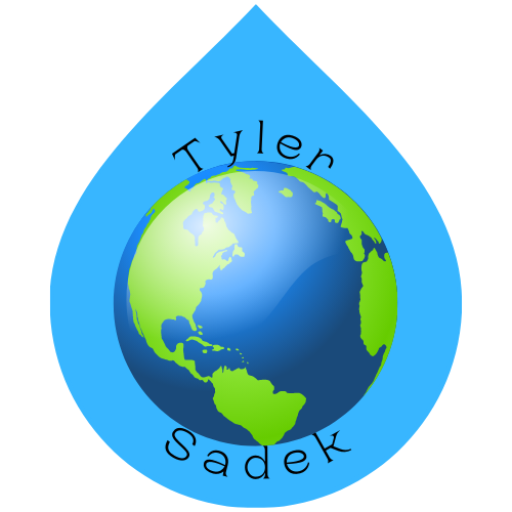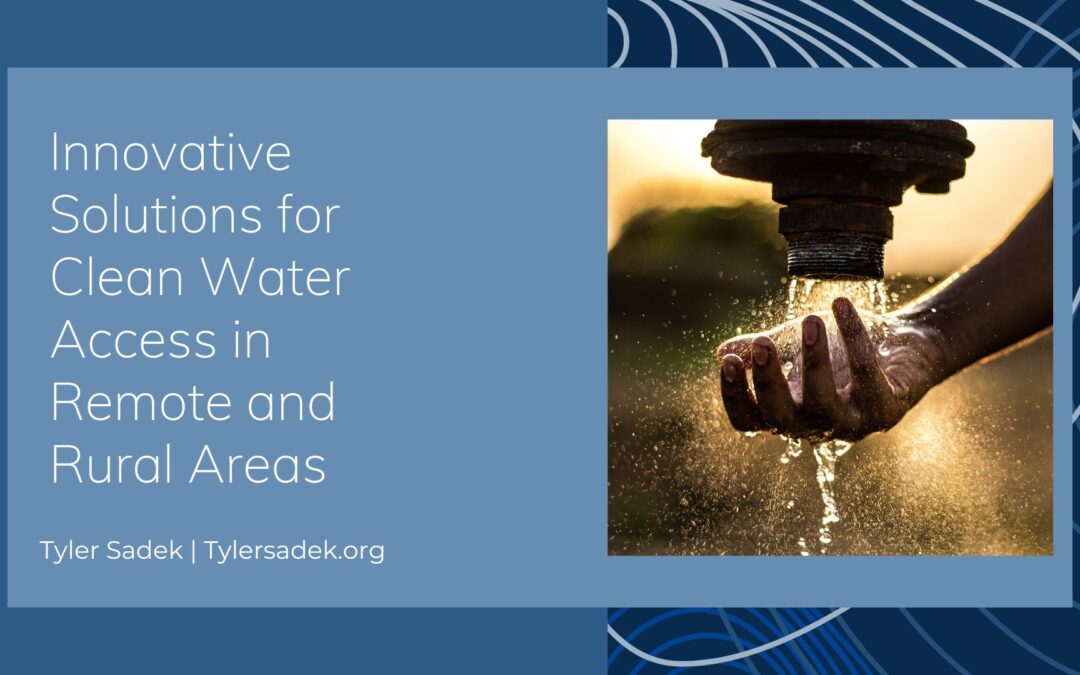Access to clean water is a fundamental human right, yet millions in remote and rural areas still lack reliable and safe water sources. Providing clean water in these regions poses unique challenges due to limited infrastructure and resources. However, innovative solutions are emerging to address this critical issue.
Rainwater Harvesting
Rainwater harvesting is a simple and effective technique that collects and stores rainwater for future use. In remote and rural areas with limited access to piped water supply, rainwater harvesting systems can provide a sustainable and decentralized water source. These systems typically involve the collection of rainwater from rooftops, which is then stored in tanks or underground reservoirs. The harvested rainwater can be used for various purposes, including drinking, cooking, sanitation, and agriculture. Rainwater harvesting reduces dependence on unreliable water sources, helps conserve groundwater, and reduces the risk of waterborne diseases.
Solar-Powered Water Purification
Solar-powered water purification systems utilize sunlight to disinfect and purify water, making it safe for drinking and other uses. These systems often employ solar panels to generate electricity, which powers ultraviolet (UV) lamps or other disinfection technologies. UV radiation kills bacteria, viruses, and other pathogens in the water, providing a cost-effective and sustainable solution for clean water access. Solar-powered water purification is particularly beneficial in remote and off-grid areas with limited or unreliable electricity supply. It offers a decentralized approach to water treatment, improving water quality without requiring extensive infrastructure.
Portable Water Filtration Technologies
Portable water filtration technologies have revolutionized clean water access in remote and rural areas. These compact and user-friendly devices are designed to remove contaminants and impurities from water, making them safe for consumption. Some portable filters use advanced membranes or activated carbon to remove bacteria, protozoa, and chemicals. Others employ gravity-based filtration or squeeze bottles with built-in filters. These technologies are often low-cost, durable, and easy to maintain, making them suitable for resource-constrained settings. Portable water filters provide an immediate solution for individuals and families, ensuring access to clean water during emergencies or in areas without reliable water infrastructure.
Community-Led Water Management
Empowering and involving local communities in water management is crucial for sustainable clean water access in remote and rural areas. Community-led initiatives can include:
- The establishment of water committees.
- Training programs on water management and hygiene practices.
- Implementing decentralized water systems.
These initiatives promote ownership, accountability, and long-term sustainability by involving community members in decision-making and providing them with the necessary knowledge and skills. Community-led water management approaches also foster social cohesion and strengthen community resilience, ensuring that clean water access becomes integral to the local fabric.
Clean water access is a pressing global challenge, particularly in remote and rural areas. However, we can bridge the gap and provide clean water to those who need it most through innovative solutions such as rainwater harvesting, solar-powered water purification, portable filtration technologies, and community-led water management. These innovative approaches offer hope for a future where clean water is accessible, promoting health, well-being, and sustainable development.

